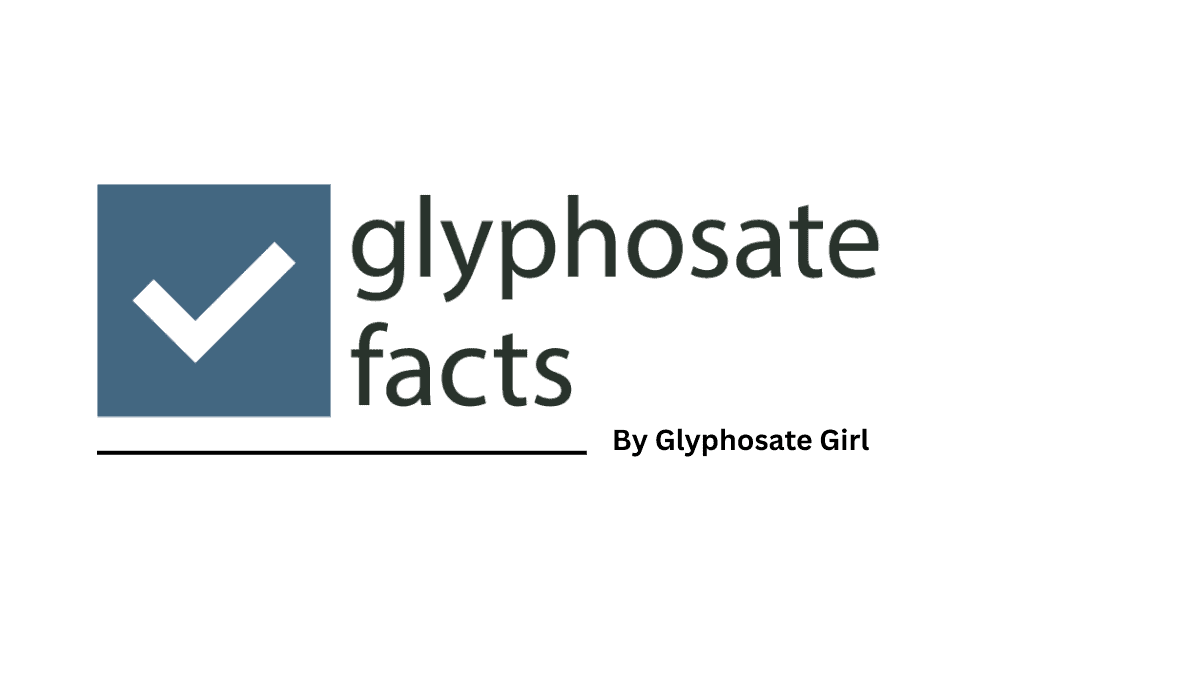The Pesticide Liability Shield

Foreign chemical companies have launched a coordinated, multi-front campaign to secure unprecedented legal immunity for pesticide products in the United States. This strategic effort spans federal legislation, state laws, EPA rulemaking and Supreme Court litigation – all aimed at shielding manufacturers from accountability when their products cause harm to American farmers, property and communities.
The “Pesticide Liability Shield” refers to the current push in Congress to legislate protection for chemical manufacturers; meaning, if we get sick from exposure to pesticides, we will no longer be able to sue the companies or hold them accountable for dangerous products.
Current Call to Action
If you haven’t already, sign up here to help fight back.
Currently, Congress has two different bills that include a pesticide liability shield. Congresspeople are trying to sneak it into large bills with the hope that it eventually passes through, hidden among other issues. The pesticide liability shield language is only a few sentences – very easy for lawmakers to miss when reading through a long bill.
The current call to action is for the Farm Bill which will be considered by the House Agriculture Committee within the next week or two.
The Farm Bill version of the liability shield includes legislation that will not only strip our rights to sue, but ALSO remove all local and state pesticide laws.
Starting Oct 15th, help us call the congresspeople below
Say something like this:
“I am calling regarding the proposed Farm Bill. Please remove all sections calling for uniformity of pesticide labeling requirements and the removal of state and local pesticide laws. Both provisions serve as liability shields for chemical manufacturers, giving them immunity from lawsuits. I do not want to lose my right to due process when a manufacturer fails to warn me of potential health harms from exposure to their products. Please protect American health and civil rights over the profits of these chemical manufacturers, and protect state rights to regulate as they see best for their state and cities.”
Feel free to add some anecdotes, or extra passion. Remember that THEY work for YOU.
| Congressperson | Phone |
| Glenn “GT” Thompson | 202-225-5121 |
| Frank Lucas | 202-225-5565 |
| Austin Scott | 202-225-6531 |
| Rick Crawford | 202-225-4076 |
| Scott DesJarlais | 202-225-6831 |
| Doug LaMalfa | 202-225-3076 |
| David Rouzer | 202-225-2731 |
| Trent Kelly | 202-225-4306 |
| Don Bacon | 202-225-4155 |
| Mike Bost | 202-225-5661 |
| Dusty Johnson | 202-225-2801 |
| Jim Baird | 202-225-5037 |
| Tracey Mann | 202-225-2715 |
| Randy Feenstra | 202-225-4426 |
| Mary Miller | 202-225-5271 |
| Barry Moore | 202-225-2901 |
| Kat Cammack | 202-225-5744 |
| Brad Finstad | 202-225-2472 |
| John Rose | 202-225-4231 |
| Ronny Jackson | 202-225-3706 |
| Monica De La Cruz | 202-225-9901 |
| Zach Nunn | 202-225-5476 |
| Derrick Van Orden | 202-225-5506 |
| Dan Newhouse | 202-225-5816 |
| Tony Wied | 202-225-5665 |
| Rob Bresnahan | 202-225-5546 |
| Mark Messmer | 202-225-4636 |
| Mark Harris | 202-225-1976 |
| Dave Taylor | 202-225-3164 |
Background
Likely language that will be included in the Farm Bill:
SEC. 10204. UNIFORMITY OF PESTICIDE LABELING REQUIREMENTS.
(a) IN GENERAL.—Section 24(b) of the Federal Insecticide, Fungicide, and Rodenticide Act (7 U.S.C. 136v(b)) shall be applied to require uniformity in national pesticide labeling, and prohibit any State, instrumentality or political subdivision thereof, or a court from directly or indirectly imposing or continuing in effect any requirements for, or penalize or hold liable any entity for failing to comply with requirements with respect to, labeling or packaging that is in addition to or different from the labeling or packaging approved by the Administrator of the Environmental Protection Agency (referred to in this section as the ‘‘Administrator’’) under such Act (7 U.S.C. 2 136 et seq.), including any requirements relating to warnings on such labeling or packaging.
(b) PROHIBITION.—The Administrator may not issue or adopt any guidance or any policy, take any regulatory action, or approve any labeling (or change to such labeling) that is inconsistent with or in any respect different from the conclusion of—
(1) a human health assessment performed pursuant to the Federal Insecticide, Fungicide, and Rodenticide Act (7 U.S.C. 136 et seq.); or
(2) a carcinogenicity classification for a pesticide performed pursuant to such Act (7 U.S.C. 136 et seq.).
Sec. 10205. AUTHORITY OF STATES.
`(d) Local Regulation.–A political subdivision of a State shall not impose, or continue in effect, any requirement relating to the sale, distribution, labeling, application, or use of any pesticide or device that is subject to regulation–
“(1) by a State pursuant to this section; or
“(2) by the Administrator under this Act.”.

